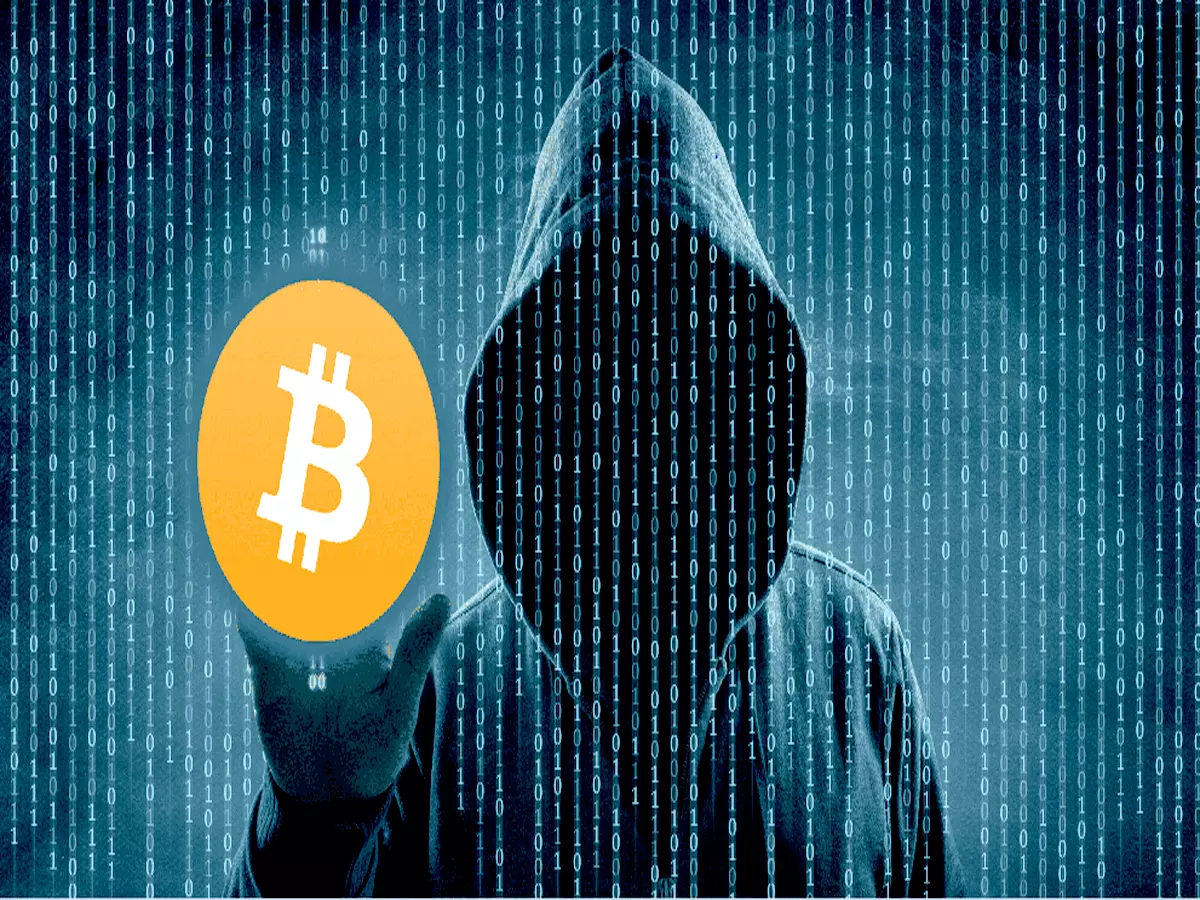It doesn’t take long to realize that the new digital currency known as cryptocurrency carries risk. We’re not even talking about market volatility. Cryptocurrency Scams abound online, including bitcoin exchanges. Be mindful of the risk of losing your bitcoin money while investing in startups and exchange platforms.

Expert’s advice confirming that digital bitcoin organizations and startups are block chain-powered, meaning they monitor full transaction data. Verify if their business plans address real issues. Digital currency and ICO guidelines should be clearly stated by companies to avoid confusion. The company should be run by genuine people. If the business you’re considering doesn’t have some of these traits, you should consider your options even more thoroughly before making your final decision.
Take a look at the most prevalent Cryptocurrency Scams and how to prevent being a victim.
Websites that are Impersonations
Your expert advice may lead you to a fraudulent website. Surprisingly many websites have been created to look like genuine startup companies. Do not visit a site that lacks a little lock icon near the URL bar and does not begin with “https”.
Fake Apps for Mobile
Fake apps that may be downloaded from Google Play and Apple’s App Store are another typical scam tactic used by bitcoin scammers. Even if stakeholders can swiftly identify and delete phoney apps, the apps nonetheless harm several bottom lines. Thousands have downloaded bogus cryptocurrency apps, according to Bitcoin News.
Bad Social Media Posts and Tweets
You can’t be sure you’re not following fake celebrities or CEOs on social media. Similarly, malevolent impersonating bots abound in cryptocurrency. Never trust Twitter or Facebook offers, especially if the outcome seems unattainable. Fake accounts abound.
Emails that are used to Cryptocurrency Scams
Even if it appears just like an email from a reputable bitcoin company, be cautious. Is the email exactly the same, as is the logo and branding? Can you confirm the email address belongs to the company? One reason to choose a company with genuine people working for it is to check on this. If you have questions regarding an email, ask a coworker. A link in an email should be avoided at all costs, as well.
Scammers frequently announce bogus ICOs to steal large sums of money. Don’t be fooled by bogus emails and websites. Take your time and study the subtleties.

Randal Daly has been following the crypto space since 2024. He is a passionate advocate for blockchain technology, and believes that it will have a profound impact on how people live their lives. In addition to being an avid blogger, Randal also enjoys writing about developments in the industry as well as providing useful guides to help those who are new to this exciting frontier of finance and technology.
